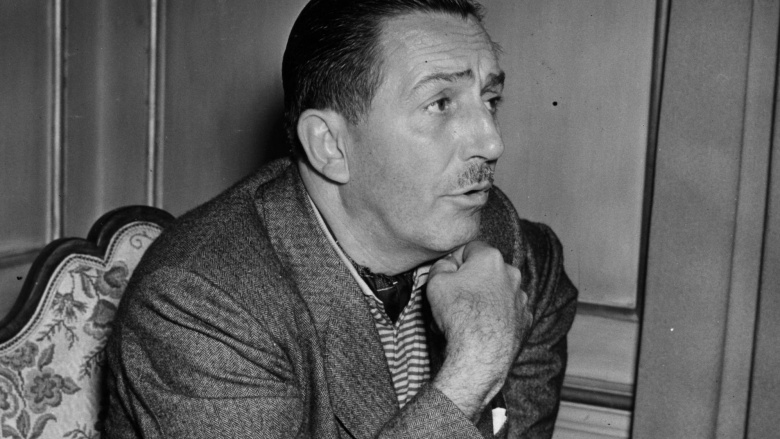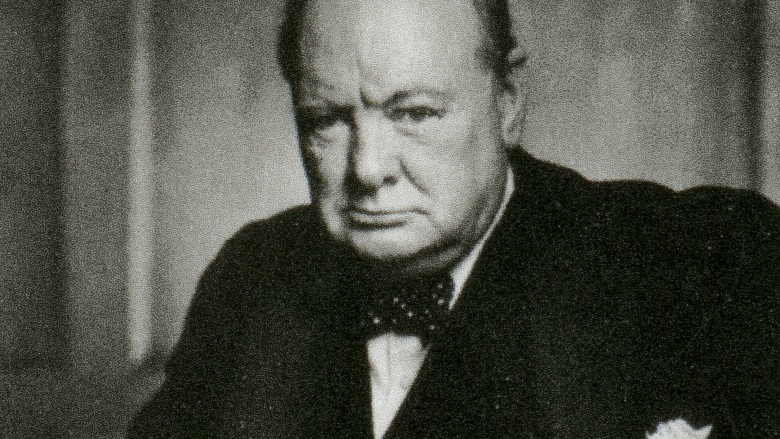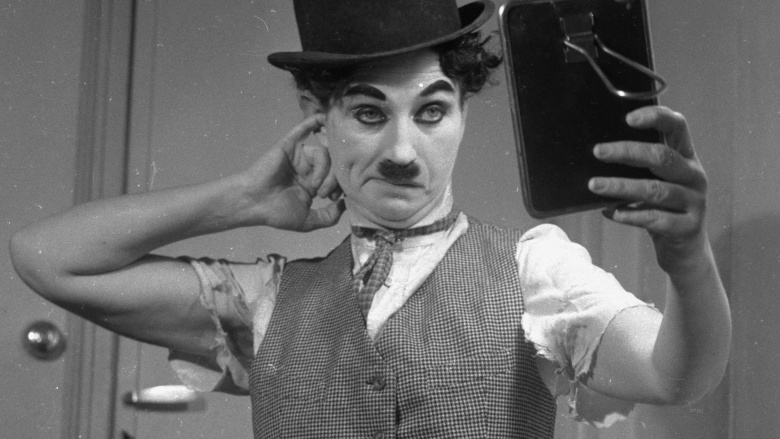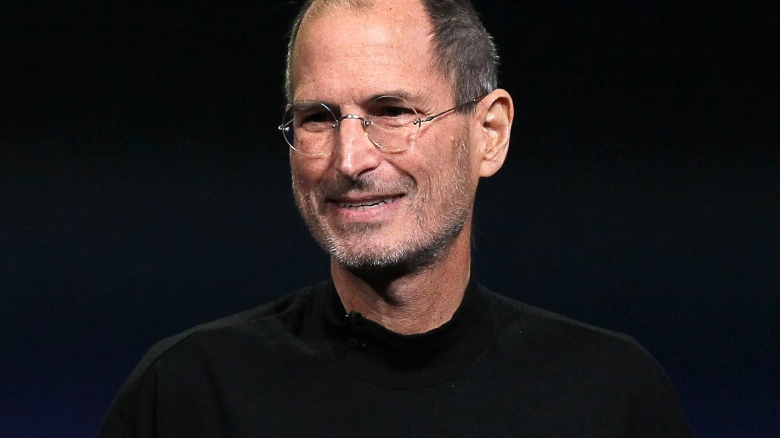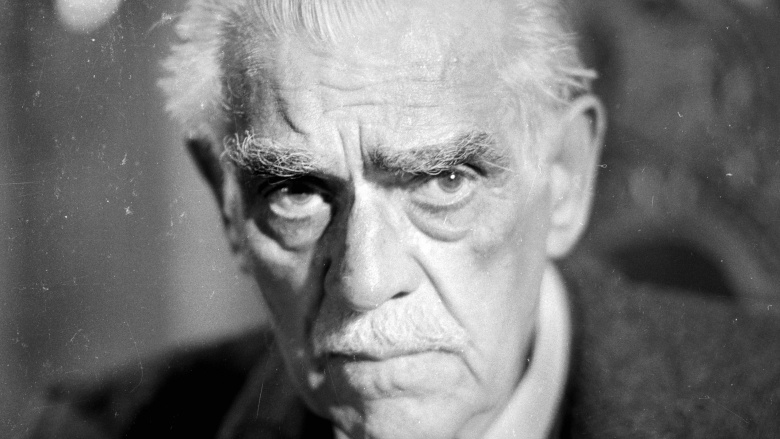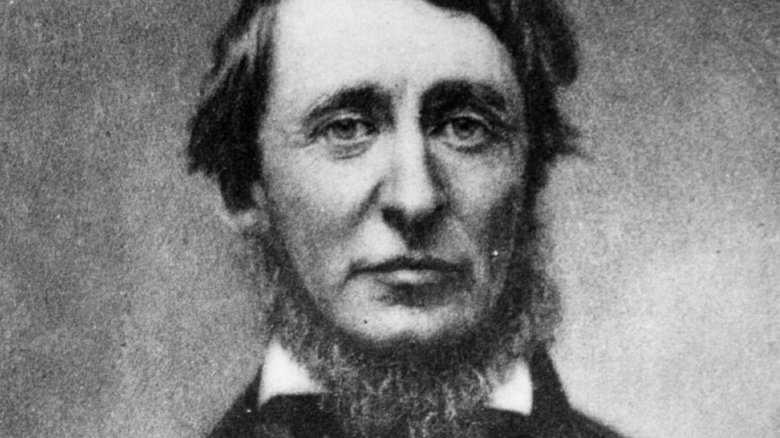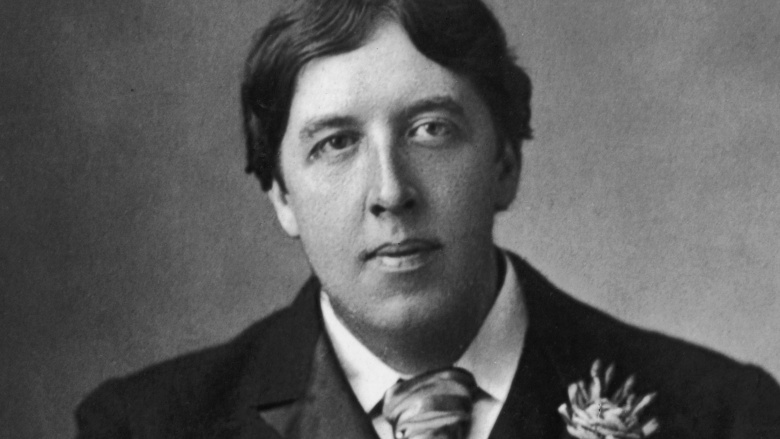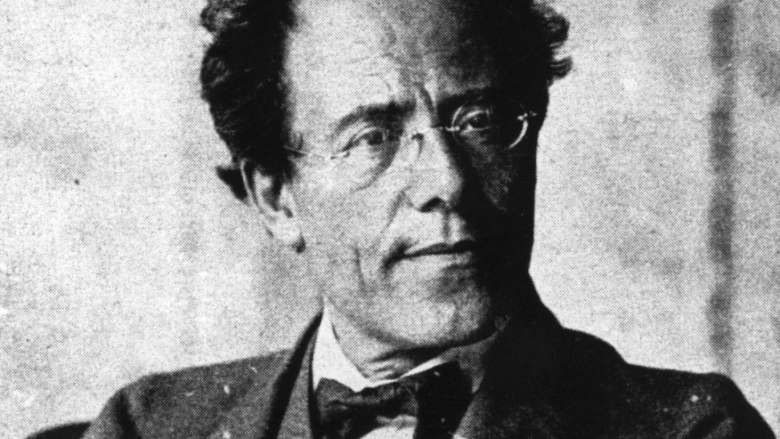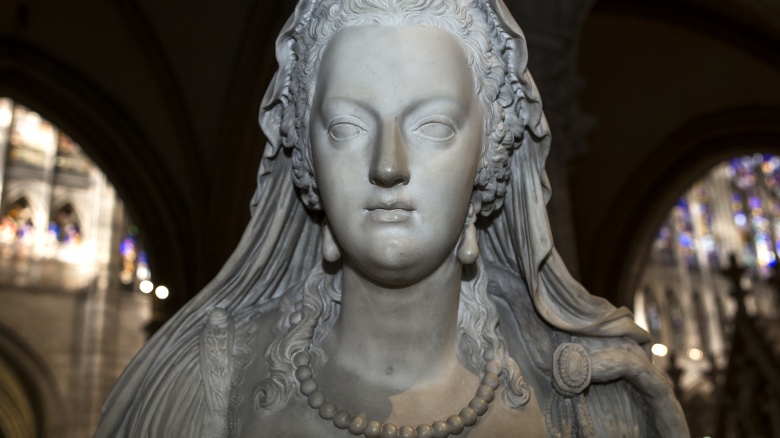Famous People Who Said Strange Things Before Death
We often look to a dying person's last words to gain some kind of wisdom that we can use in our own lives. It's not too out of the realm of possibility to think that someone immediately facing his or her own mortality might achieve some kind of clarity of thought and have something profound to pass on to the rest of us. But that's not always the case. In fact, some people say things that can be downright confusing. Here are a few famous examples—which are at least slightly more profound than "smell ya later."
Walt Disney (1901-1966)
Final Words: "Kurt Russell"
Walt Disney left a huge legacy when he succumbed to lung cancer in 1966. By the time of his death, he had created and left behind several theme parks, an animation studio that went on to become a multinational mass media corporation, the California Institute of the Arts, and a bit of a mystery. No, we're not talking about whether or not his body has been cryogenically frozen for the purposes of reviving him later. We're talking about the cryptic message he left on a piece of paper in his office, not found until after his death. That message was the name of actor "Kurt Russell." Then still a child actor, Disney had recently signed Russell to a long-term contract in 1966. In a 2009 interview on The Graham Norton Show, Russell told the story about how lawyers brought him to Disney's office after his death, which had not been changed at all since Disney had last been there. They asked Russell if he knew why Disney would have written his name on a piece of paper, but Russell told them that he had no idea. Maybe Disney was planning on having his head grafted onto someone's body after he got thawed out, and he was making a list of potential candidates.
Sir Winston Churchill (1874-1965)
Final Words: "Oh, I am so bored with it all."
Sir Winston Churchill, former Prime Minister of the United Kingdom, led quite the exciting 90 years on this planet...or at least one would think he did. During his life, he fought as a member of the British Army in the Sudan, British India, and during the Second Boer War. After his military stint, he began a career in politics, taking on positions like Home Secretary, Lord Admiralty, Minister of Munitions, Minister of State for Air, and several others before becoming Prime Minister for two non-consecutive terms. His first term was during World War II, when he became famous for inspiring the British with his speeches and radio broadcasts, containing the message to "never surrender". And in his private life, he enjoyed painting and was a prolific writer, eventually winning the Nobel Prize for Literature, which ticked off quite a few of his contemporaries who were writers. With all that went on during his life, it's strange to think that his final words were, "Oh, I am so bored with it all." Maybe that's why he worked so hard to keep busy. He was just trying to stave off existential ennui.
Charlie Chaplin (1889-1977)
Final Words: "Why not? After all, it belongs to him."
Though he spoke in some of his films, like The Great Dictator, Charlie Chaplin is far more well known for his silent roles in comedies like Modern Times and The Gold Rush. Being so well-known for not talking, some people may be surprised to learn that Chaplin said anything at all when he died—but he did. Aside from talking to family members and loved ones, Chaplin had some final words to say to the priest who counseled his last moments. When the priest said, "May the Lord have mercy on your soul," ever the humble jokester, Chaplin is said to have quipped, "Why not? After all, it belongs to him." Chaplin later suffered a stroke and died in his sleep during the early morning hours of Christmas 1977.
Steve Jobs (1955-2011)
Final Words: "Oh wow. Oh wow. Oh wow."
Steve Jobs has been called the Leonardo da Vinci of our time. Among all the innovators of the microcomputer revolution, he's most credited with taking computers from being giant, bulky, room-sized, super-expensive monoliths and making them sleek fixtures in each and every home. He changed the way we watch movies; listen to and buy music; how we read, buy, and publish books; and not only helped make phones portable and sleeker, but basically made them computers that fit in our pockets. In addition, he solidified Apple's brand recognition by managing to convince everyone that they needed not just any computer, phone, MP3 player, or tablet, but an iPod, an iPhone, and an iPad. For a man with such an innovative and forward-thinking mind, it's difficult to believe that anything would surprise or amaze him. But something did. On his deathbed, before he succumbed to complications brought on by pancreatic cancer, Jobs is reported to have uttered the words, "Oh wow. Oh wow. Oh wow." We have to wonder what he saw. Maybe he finally figured out a way to make the iPhone battery last more than a day before needing a recharge.
Boris Karloff (1887-1969)
Final Words: "Walter Pidgeon"
Boris Karloff's name may seem unfamiliar to you, but there's a good chance you've seen pictures of him in his iconic, square-headed, bolt-necked Frankenstein makeup, from his 1931 turn as the titular monster. That, or you've heard his voice as the narrator of the 1966 animated classic How the Grinch Stole Christmas! During his day, everyone knew who Karloff was, but one thing people didn't know about Karloff, not even those close to him, was why his final words were "Walter Pidgeon." Pidgeon himself was an actor, best known today for his role in Forbidden Planet, but the two didn't work in the same genre. Pidgeon mostly took roles in romantic and dramatic films like Mrs. Miniver and Funny Girl, while Karloff tended to work in the horror and suspense milieu, like the aforementioned Frankenstein movies or Isle of the Dead. From some accounts, the two had crossed paths at one time or another. But Karloff hadn't mentioned Pidgeon in years, until he mysteriously uttered his name while succumbing to pneumonia. Maybe Karloff was having one of those moments where, days prior, he was trying to remember something, and the answer didn't come until right before he died.
Henry David Thoreau (1817-1862)
Final Words: "Moose...Indian"
Writer, philosopher, and environmentalist Henry David Thoreau's final words shouldn't seem that strange to anyone familiar with his works. Coming from the guy who wrote Walden, Life Without Principle, and Walking, in which he meditated upon living a simpler life more in touch with nature, it's actually pretty predictable that his final words would have something to do with nature and the natural world. But when Thoreau uttered the words "Moose...Indian" before dying, those gathered around him had to be scratching their heads. Maybe he didn't say "moose," but "mousse," like, maybe he was hungry. As for the part about the "Indian"...we got nothing.
Oscar Wilde (1854-1900)
Final Words: "Either this wallpaper goes, or I do."
The great wit and author of The Picture of Dorian Gray, Oscar Wilde was never at a loss for something to say, not even at the moment of his passing. In fact, he's credited with saying a couple of things before he died. One phrase he is said to have uttered is, "I am dying as I have lived: beyond my means," which is supposed to have been said as he struggled to sip from a glass of champagne as he died of cerebral meningitis in a cheap Paris hotel room. The other phrase he is supposed to have uttered, in the same hotel room, is, "This wallpaper and I are fighting a duel to the death. One of us has to go." Alternatively, that phrase is also said to have ended with, "Either it goes, or I do." If you ask us, it seems like Wilde wanted to make sure he was remembered for saying one last quip, but he couldn't make up his mind on what he wanted that to be.
Gustav Mahler (1860-1911)
Final Words: "Mozart!"
Composer and conductor Gustav Mahler was one of the most important figures in all of musical history, let alone the music of his own lifetime, despite his rather small output as a composer when compared to that of his contemporaries. His work connects 19th century musical traditions and modern innovations of the early 20th century, and within his lifetime, his status as a conductor could not be questioned. He was probably most well known for his interpretations of the works of both Wagner and Mozart, which is why it seems so strange that Mahler would call out only Mozart's name shortly before dying of bacterial endocarditis. Maybe he was trying to figure out which of two he liked more, and at the last second he finally figured it out for himself.
Marie Antoinette (1755-1793)
Final Words: "Pardonnez-moi, monsieur."
Most of us know former queen of France Marie Antoinette for her famous phrase, "Let them eat cake," which she is said to have exclaimed when she learned that the people of France were so poor that they could not afford to buy bread. What most people don't realize is that Marie Antoinette never said this. It was said by Maria Theresa of Spain, 100 years earlier. Besides, Antoinette is said to have been so out of touch with what was going on in her country that she didn't even realize that there were poor people in France or that they were starving. And that's probably why the French chopped off her head at their first opportunity. Now something she did say around that time was, "Pardonnez-moi, monsieur," which she said to her executioner after stepping on his foot on the way to the guillotine. It's strange, but it makes sense that a woman so out of touch with her own people would pick the moment before her execution to act like a decent human being.


